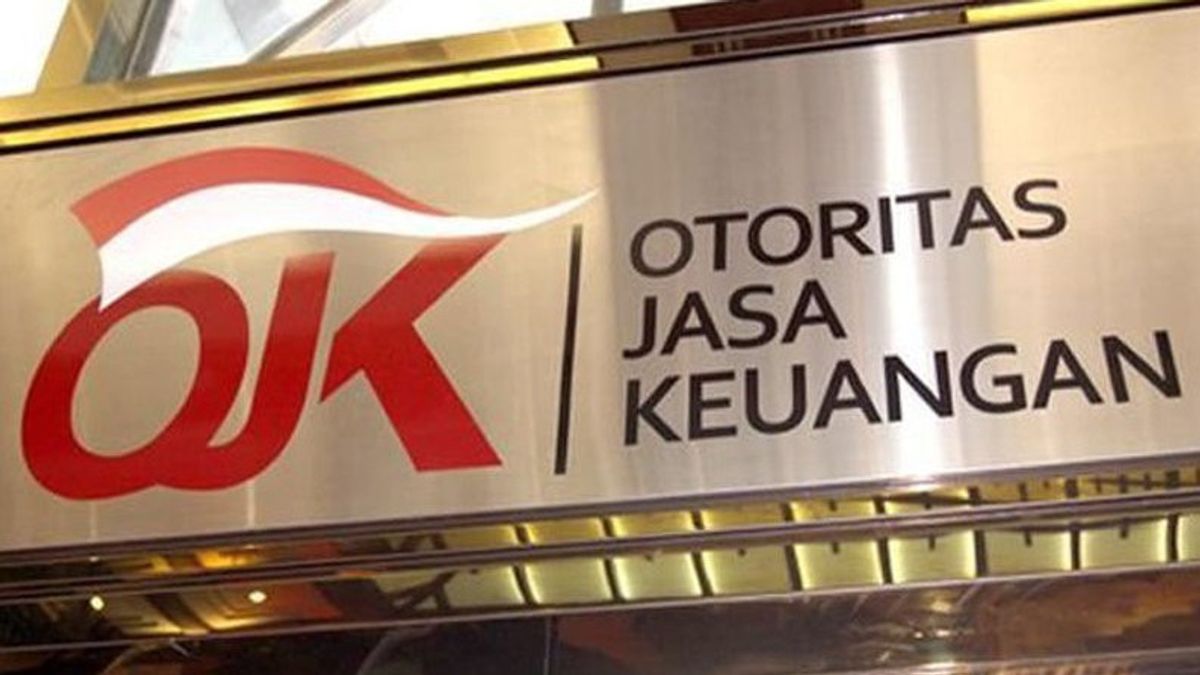JAKARTA - The Chief Executive of Banking Supervision of the Financial Services Authority (OJK) Heru Kristiyana ensures that the issuance of three new OJK Regulations (POJK) will not put pressure on business actors.
According to him, the new regulation has become the regulatory umbrella for the financial services industry in line with current technological developments.
"I would like to emphasize that the issuance of these POJKs does not put a new burden on our banking institutions because the main objective is to adapt to the evolving dynamics," he said in a webinar on Monday, August 23.
Heru added that the changing landscape of the banking business, which is constantly changing and accelerated by the COVID-19 pandemic, has also changed people's expectations of these financial institutions.
"This also encourages us to build a strong foundation for banking so that it can continue to serve the community and achieve the expected economies of scale," he said.
Furthermore, Heru assessed that the banking industry in the country has a central role in boosting the economy. This is because these intermediary institutions support more than half of financial business activities in the country.
"This step will also make our banks provide maximum contribution, especially by utilizing information technology," he said.
To note, the institution led by Wimboh Santoso has just released three new regulations related to national banking institutions, namely POJK No. 12/POJK.03/2021 concerning Commercial Banks, POJK No.13/POJK.03/2021 concerning the Operation of Commercial Bank Products.
And the last one is POJK No.14/POJK.03/2021 concerning Amendment to POJK No. 34/POJK.03/2018 concerning Reassessment of Main Parties of Financial Services Institutions.
Meanwhile, the regulation that attracts the most attention is related to the establishment of a digital bank with a minimum capital limit of IDR 10 trillion. Then, another thing that is in the spotlight is the matter of redefining the grouping of commercial banks from BUKU (Business Commercial Banks) to KBMI (Bank Groups based on Core Capital).
It is stated that KBMI 1 is a bank with a core capital of Rp. 1 trillion-Rp 6 trillion. Then KBMI II Rp 6 trillion-Rp 14 trillion, KBMI III Rp 14 trillion-Rp 70 trillion, and KBMI IV with core capital above Rp 70 trillion.
"This new grouping is not related to business activities (products/activities) and bank office networks but is used for the purposes of prudential regulation, statistical purposes and the accuracy of bank grouping according to their peers," he said.
“In general, the redefinition of bank grouping aims to support the implementation of effective regulation and more efficient supervision. Banks are not required to make adjustments to core capital according to the KBMI," concluded Heru.
The English, Chinese, Japanese, Arabic, and French versions are automatically generated by the AI. So there may still be inaccuracies in translating, please always see Indonesian as our main language. (system supported by DigitalSiber.id)










